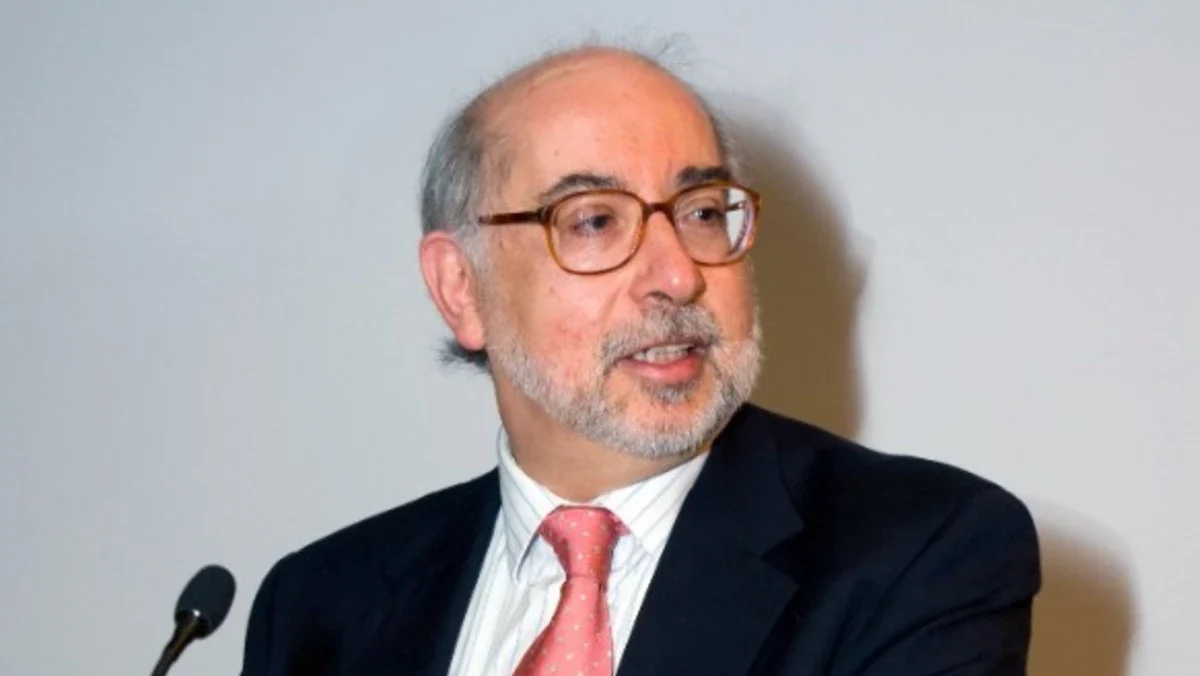Unpublished manuscript containing poem by Portuguese diplomat discovered

The University of Barcelona (UB) announced the completely unprecedented discovery on Tuesday, considering it to be of "great philological and historical value, as it represents the first epic work written in Spanish with Christopher Columbus as the protagonist."
The document may have gone unnoticed by researchers, despite appearing as a brief reference in an old catalog compiled by Father Alexandre Olivar in 1977.
The manuscript, approximately 40 pages long and with notable differences compared to the 1701 printed edition, contains excerpts that were not included in the text known until then, some of which may have been deleted or modified for ideological reasons.
The discovery was made by postdoctoral researcher Claudia García-Minguillán.
The poem presents Columbus as a hero of the political imagination of the early 18th century and is set in a period of strong dynastic tension, shortly before the start of the War of the Spanish Succession.
The context in which the work was written --- Barcelona in 1701 --- is fundamental to understanding the strategy of Botelho de Moraes e Vasconcelos, a figure closely linked to the city's intellectual and diplomatic scene and associated with Austrian circles.
The author participated in the founding of the Academy of the Suspicious, predecessor of the current Royal Academy of Letters of Barcelona, and assumed a clear literary commitment to link Columbus's exploits to the political values of the supporters of Archduke Charles of Austria.
The manuscript, which will now be the subject of a critical edition and a monographic study, also reveals a singular aesthetic intention: despite being written in Spanish, the composition follows classical epic models more common in the Latin and Italian traditions.
The choice of Spanish, in this case, would respond to a desire to intervene in the cultural and ideological debate of the Spanish monarchy, the researcher argued.
The discovery was made possible thanks to a systematic investigation of the monastic library's collection and a cross-referencing of bibliographical references with uncatalogued manuscript materials.
According to García-Minguillán, "the manuscript remained outside the usual research circuits for decades, as it had never been digitized or transcribed, and its authorship was not explicitly identified in any modern database."
The study of 'El Nuevo Mundo' is part of a wider research project, supported by the Spanish Ministry of Science, Innovation and Universities, the German Academic Exchange Service (DAAD) and the Calouste Gulbenkian Foundation, to reconstruct the political, literary and cultural motivations of Botelho de Moraes e Vasconcelos, as well as the dynamics of creation and censorship in the literary sphere of baroque Barcelona.
Read Also: "Many people die of love in fado, but resisting is something that interests me"
noticias ao minuto




